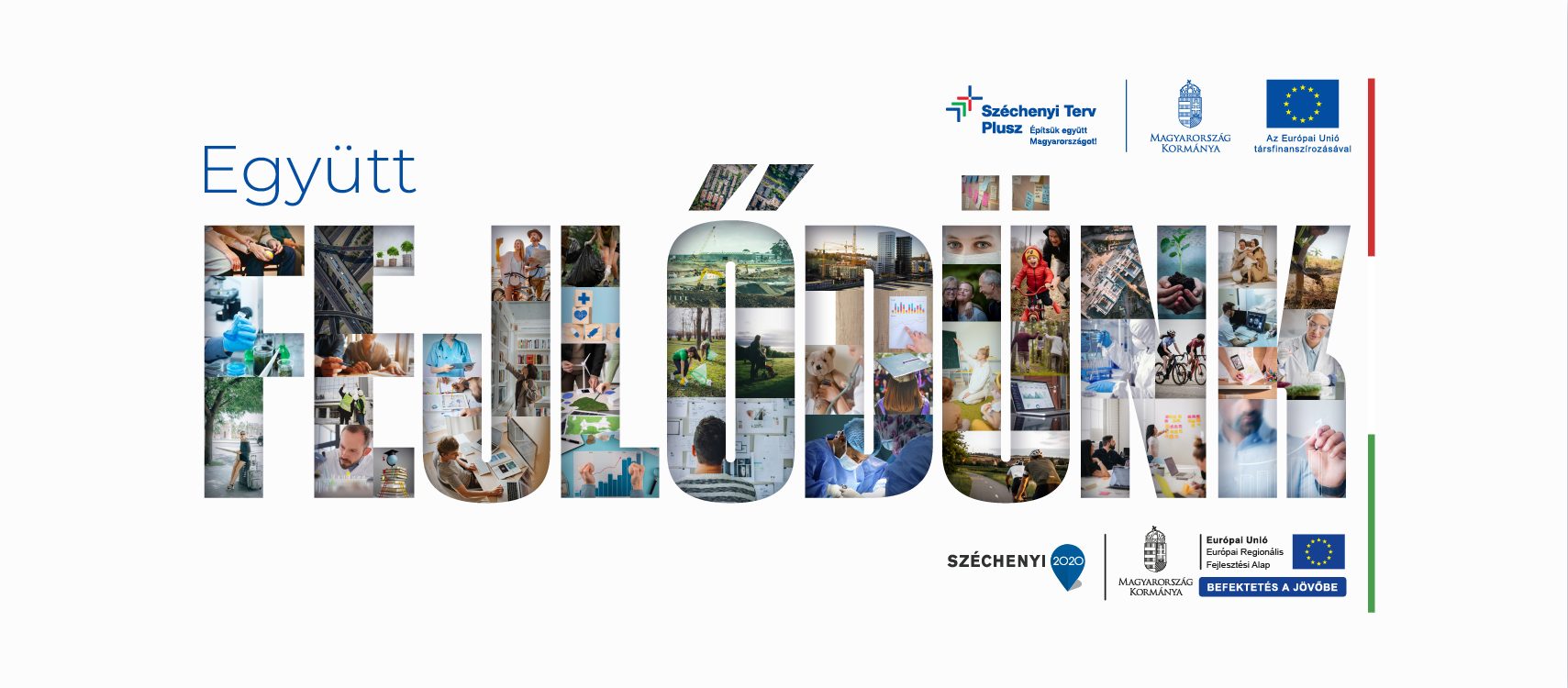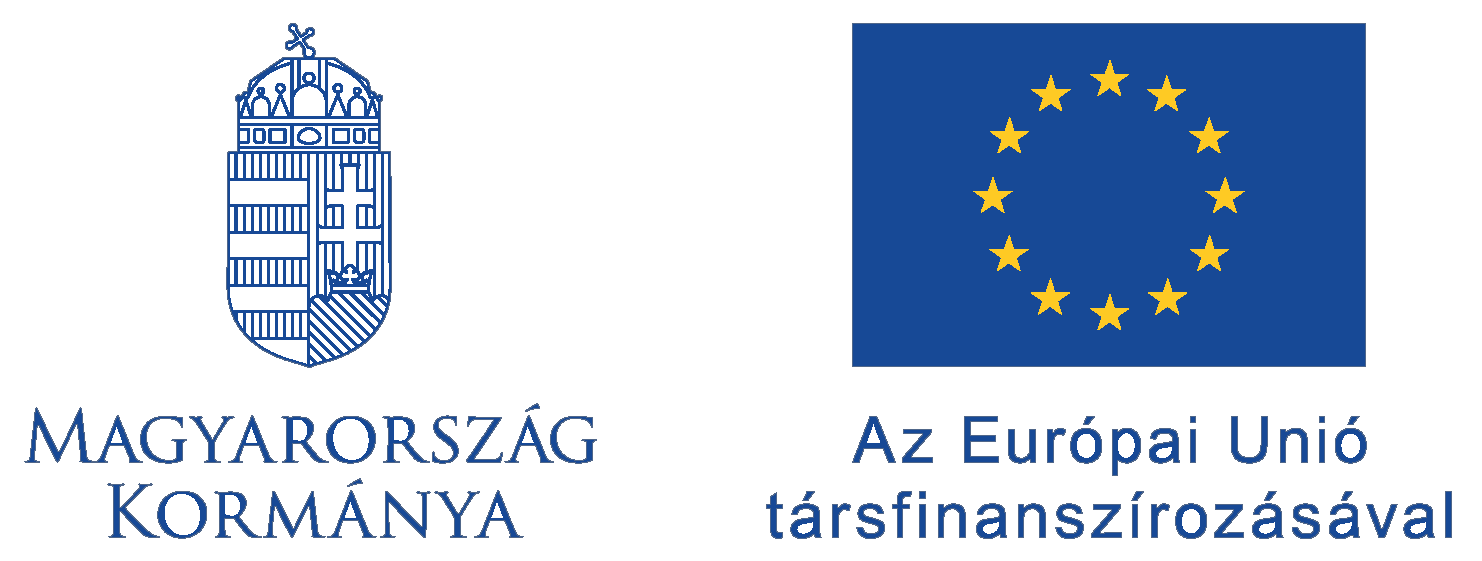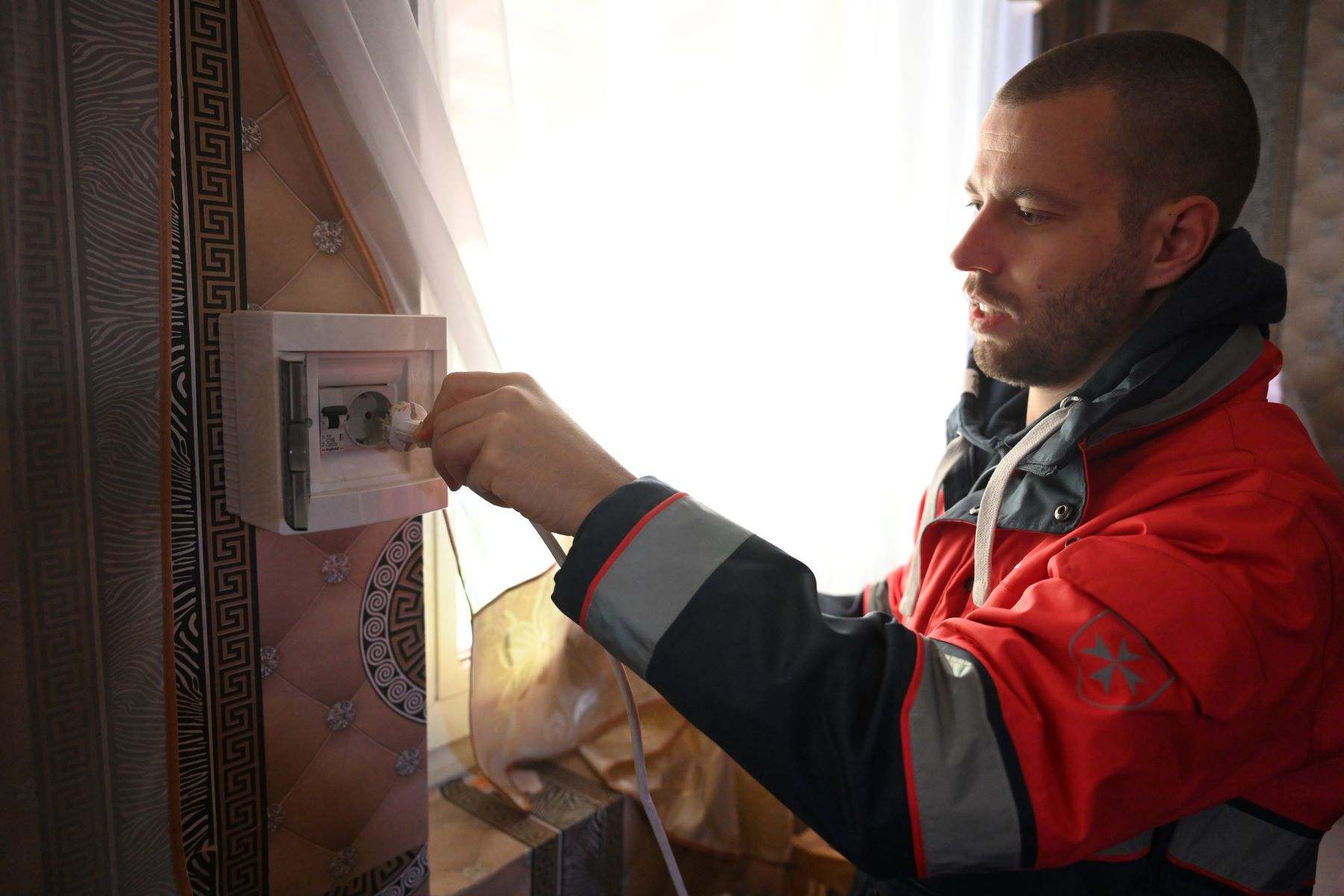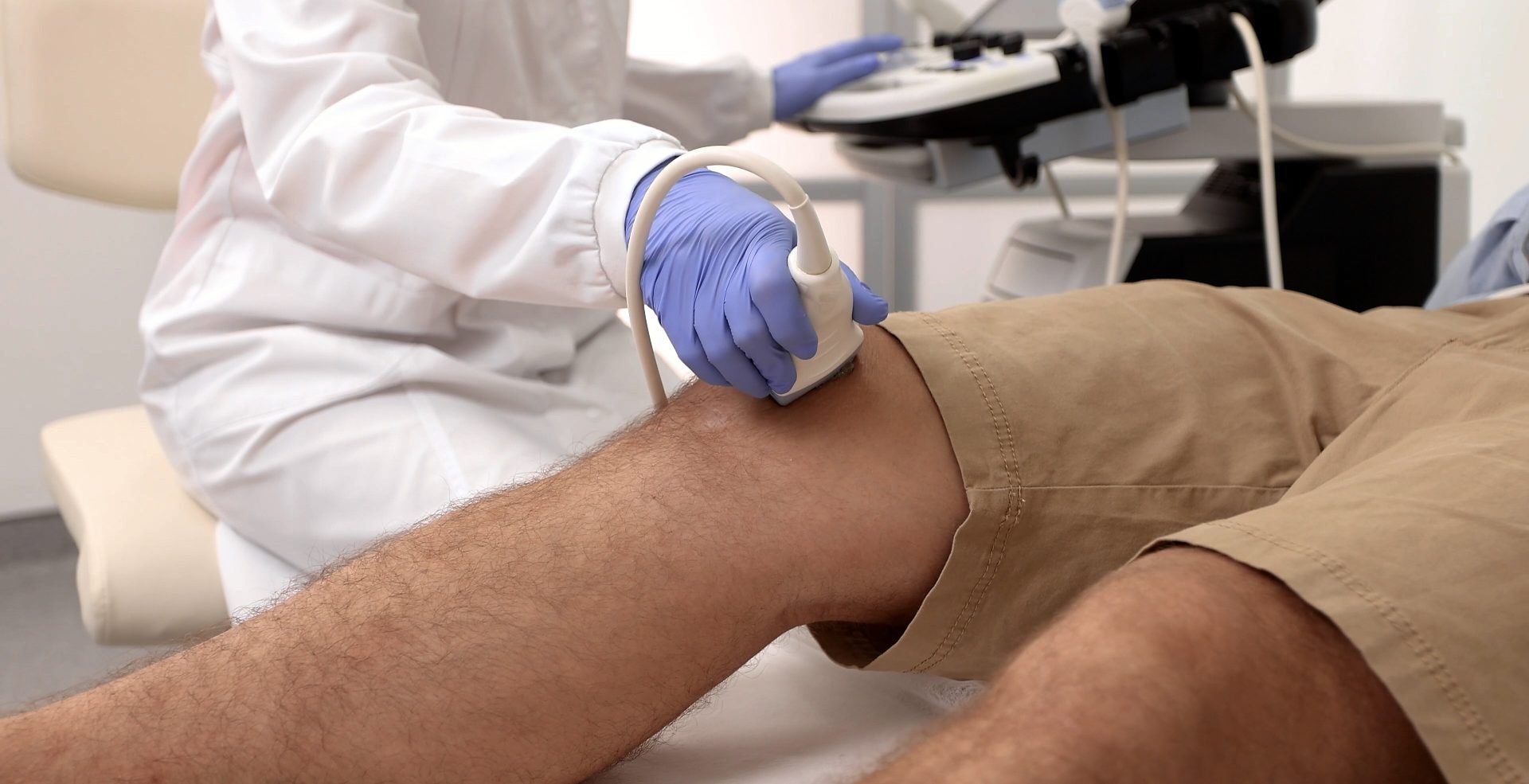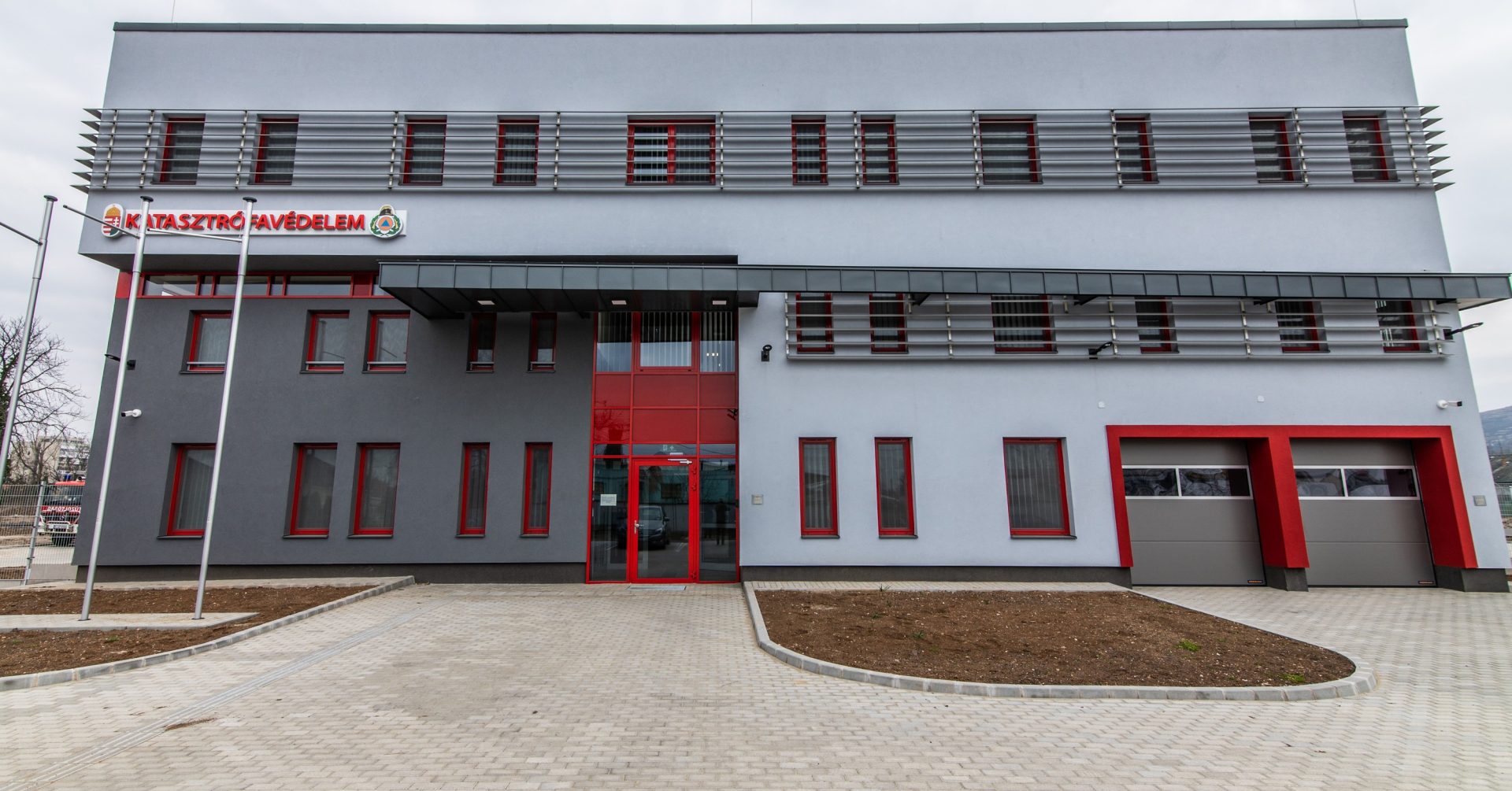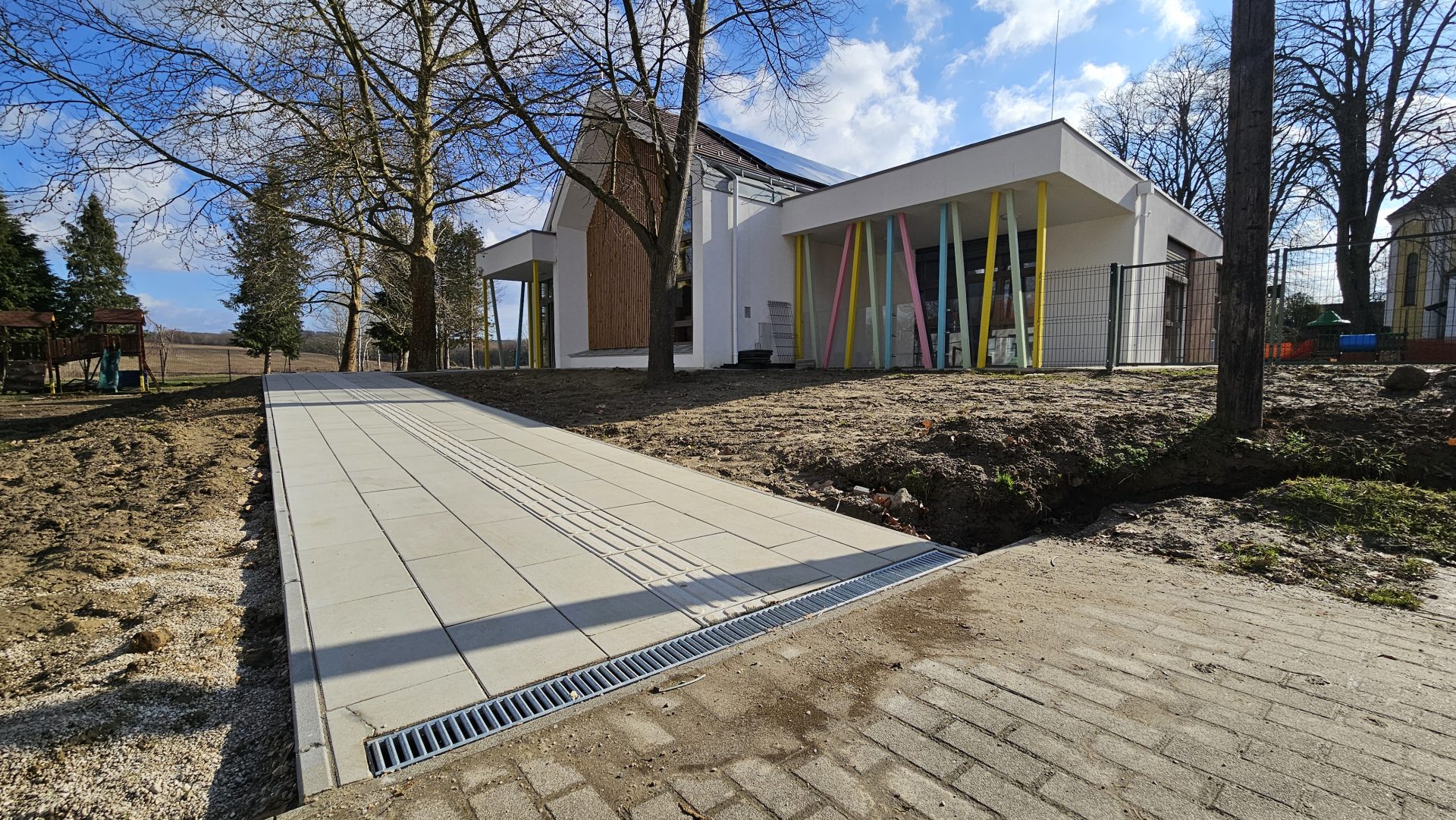In many parts of Hungary, deep and persistent poverty continues to affect hundreds of communities, often passed down from one generation to the next. Children growing up in these areas face serious disadvantages — poor housing, limited access to essential services, segregation, and a lack of opportunity. To help break this cycle, a nationwide program called Focus on the Child was launched in 2021, with a total budget of HUF 20.8 billion.
Led by the Hungarian Charity Service of the Order of Malta, and implemented with the help of several consortium partners, the initiative aimed to support families living in the country’s most deprived and segregated areas — especially those raising children. The program focused on long-term, meaningful change, with tailored, personal support for families, strong emphasis on early childhood development, and targeted community interventions. The ultimate goal: to reduce disadvantages among children, strengthen local communities, and build a more sustainable future.
Altogether, 177 settlements took part in the three-year program, with actions organized into dedicated project areas to meet local needs effectively.
First 1,000 Days & Health Visitor+: Support for families began even before birth, offering in-kind help like vitamins, hygiene kits, baby products, and parenting guidance. Local health visitors received training, support staff, and modern equipment to better serve families. These efforts reached over 16,500 people, giving children a stronger start in life.
Improving Housing Conditions: Small-scale home improvements helped eliminate life-threatening conditions, while crisis relief was provided in cases such as natural disasters or urgent household needs.
Vision Screening for Children: More than 11,500 children aged 0 to 14 received free eye screenings. Children diagnosed with vision problems were given glasses, allowing early treatment and better chances for success in school.
Crime Prevention and Risk Reduction: Local crime prevention action plans were developed in high-risk areas, complemented by awareness programs on drug use, domestic violence, smoking, and addiction. Support was also offered for victims of abuse.
Community Engagement and Inclusion: The program helped bring people together—around 50,000 participants joined community events such as mobile play areas, youth music groups, sports programs, and art workshops. These experiences gave children a stronger sense of belonging and connection.
Presence Points: Community spaces were created to support learning and local development. As a result, 80 study corners, 80 playgrounds, and 60 community gardens were built. Educational support helped reduce school dropout rates and improved students’ performance.
Crisis Aid and Debt Relief: A special fund offered quick assistance to families in emergency situations, providing tools, services, and direct financial support. A personalized debt reduction program also helped families regain financial stability.
At the same time, a strong focus was placed on professional development. Around 200 practitioners took part in training sessions and themed days designed to explore fresh, innovative approaches to parenting and education.
A key element of the project was raising awareness—both among professionals and the public—to encourage understanding and acceptance of families living in poverty.
The Focus on the Child program marked a major step in tackling generational poverty in Hungary. It didn’t just improve conditions in individual towns—it created a national model for holistic, people-centered, and sustainable social support. Plans are already underway to expand the program during the 2021–2027 EU funding period, aiming to reach all 300 of Hungary’s most disadvantaged settlements, so that every child has a fairer shot at a better future.
The development was implemented from EU funding in the project EFOP-1.4.5-20-2020-00001 under the Human Resource Development Operational Programme.
Find out more about the project in the Project Finder:Details
